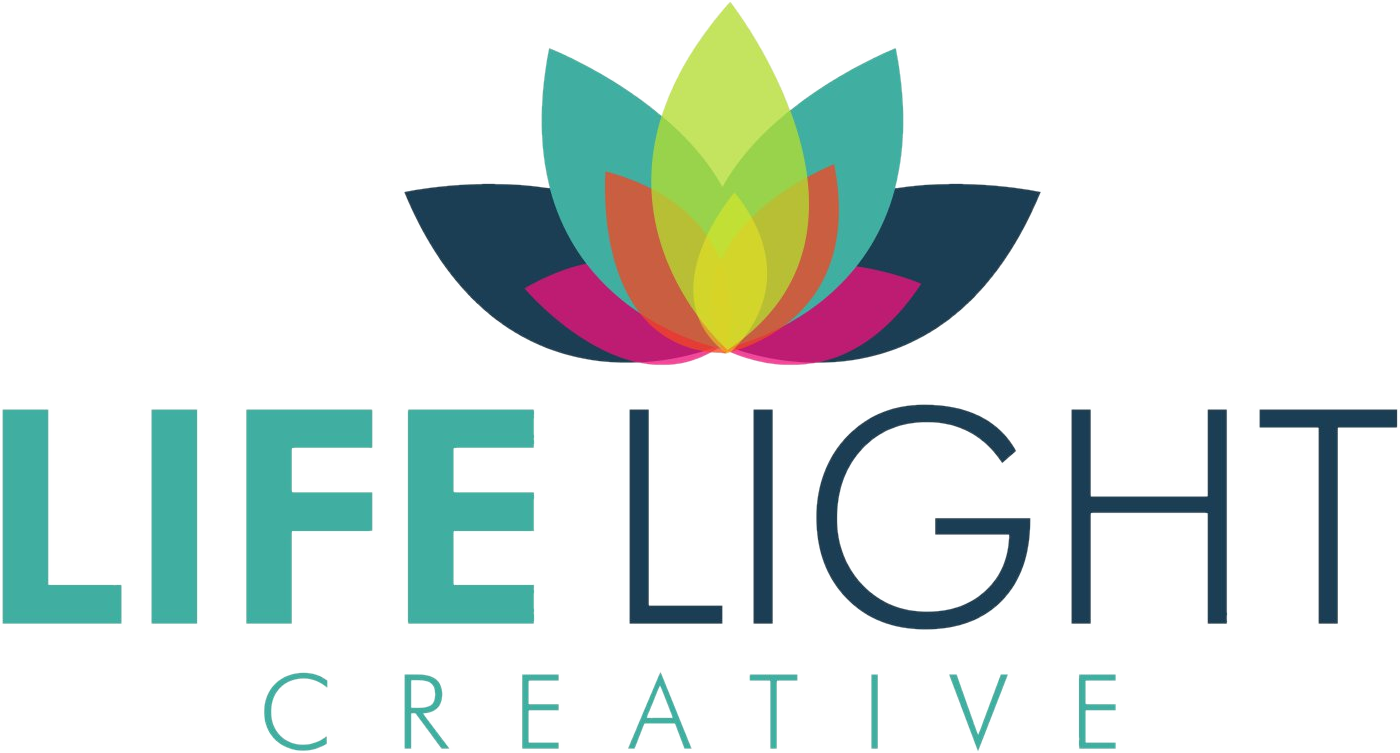In my line of work I often encounter folks who do not actually “own” their business website collateral and it’s often an unpleasant surprise when they do find this out.
So, what does it mean to truly “own” your business website? To answer this, you must first understand what all the pieces are. They are:
- Your domain name. For example, mine is lifelightcreative.com.
- Your website hosting. This is where the actual files and code that make up your website reside.
- Your website collateral – the images, files and content that make up what your website communicates and how it looks.
Domain Name:
To make sure you “own” your domain name, you should document the following:
- Where it is registered, i.e., who the registrar is.
- When it is scheduled to renew each year / renewal period.
- What information is listed as the administrative contact for the domain.
Additionally, I highly recommend private registration applied to the domain. This is an extra charge added to the yearly renewal costs, but well worth it. Keeping the registration contact details private prevents predatory companies and individuals from spoofing you into renewing your registration with them, thus causing you to lose your domain ownership. It will also cut down on the amount of email and snail mail based solicitations you get in regards to your domain name.
Website Hosting:
Where your website files and code reside is very important. It’s akin to the candy store and you should be very careful with whom you share the keys, so-to-speak. Nowadays, your hosting account can be hacked in a multitude of ways and your website’s resources and hosting server’s resources be used for all kinds of malicious and generally no good things. Keeping it secured and “clean” from malicious code is very, very important. The online reputation of your business could suffer greatly if this is not kept in check. Additionally, depending on who and how your site is built, you may have no say whatsoever in what is happening with your website hosting.
To make sure you “own” your hosting environment, you should document the following:
- What company it is hosted with.
- The hosting account username and password.
- The renewal period and cost.
- Any two-factor authentication settings should be set to information you know/control. For example, your cell phone number, recovery email address, billing address, etc.
Website Collateral:
Having backup copies of all the content and images/files used on your website is important.
If you have used a do-it-yourself website service like Wix, etc. then it may be impossible to “own” your hosting and your website in the truest sense of the words. Those companies provide a web “service” that happens to be a website. As long as you keep your account paid, the website is up. As soon as you cease, it is offline and most often, the collateral is gone as well.

Recent Comments